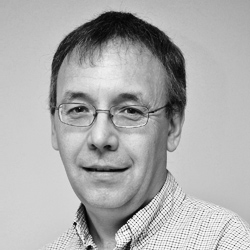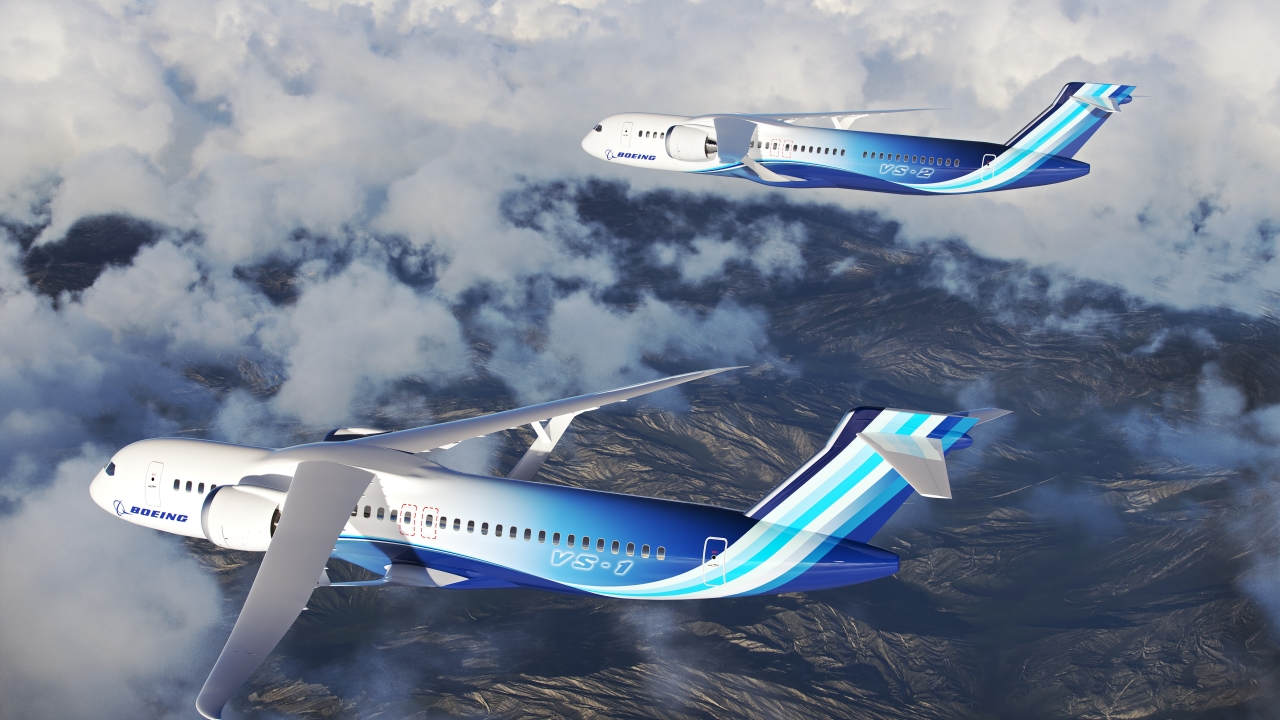GSSF2013: UAE satellite companies showcase their wares
Yahsat and Thuraya, both UAE-based satellite companies, are leading their fields, but in different market areas, the GSSF heard today.

Abu Dhabi-based Yahsat is showing how its two Ka-band satellites are satisfying demand for increased bandwidth, for government, military and commercial customers.
Meanwhile, Sharjah-based Thuraya is developing innovative solutions for its L-band satellite customers, including a unique interface for the Apple iPhone that turns it into a satphone.
Yahsat's two EADS Astrium and Thales Alenia Space-built satellites provide Ka-band communications to its commercial and government users in the Middle East, Africa and South-West Asia.
Thanks to its multi-spot beam technology, its offers high-speed broadband internet services to private and government/military customers. Its latest satellite, Yahsat Y1B, complements the Y1A satellite launched in 2011, completing the UAE government’s mission of significantly increasing the country’s total secure communications capacity over the Middle East.
With a launch mass of approximately 6,000kg and a spacecraft power of 14kW, both satellites have a lifetime design of more than 15 years.
Hisham Fadel, Yahsat Director, said that its services to the UAE military, including high-bandwidth applications and secure encryption, are mirrored on the commercial market, including the deployment of satellite-based internet broadband to remote areas.
"The military's first priority is security, but with the commercial world, costs are paramount," Fadel said.
"One of the most important developments has been our ability to interface our terminals with other systems, such as microwave, fibre and even VHF radio for the military. This has been useful in understanding how to interface our commercial systems with the internet.
"The future will be to make terminal apertures (antennas) smaller, with reduced weight, but faster connection speeds. We are looking at the development of futuristic meta-materials that may help us to do just that.
"We are very proud of what we have achieved, with 55-60% of our employees being Emiratis," Fadel concluded.
Meanwhile, Sharjah-based Thuraya is best known for its handheld satellite telephony services via two geostationary satellites - one based over Kenya and the other over Singapore. Signals come down to a Thuraya ground station in Sharjah.
Sanford Jewett, VP Marketing, Thuraya, said that traditionally it had been seen as a Middle Eastern company, but it is keen to be seen as a global player.
In fact, Thuraya's satellites cover two-thirds of the world’s geographical area across more than 140 countries, serving approximately four billion people.
"Our lightweight handheld satellite phones saw a low of use by military personnel based in Iraq and Afghanistan and we also have a range of maritime terminals in use," said Jewett.
But it is the company's latest product that is capturing the market's attention. Thuraya's "SatSleeve" is a small clip-on interface for the Apple iPhone, turning it into a portable sat phone. The SatSleeve also has a built-in battery pack and connects to the iPhone via a Bluetooth connection.
Jewett said: "There are still plenty of parts of the world that don't have GSM mobile phone services so the demand for satellite phones will continue."
He also added that Thuraya is busy working on its future plans, including the possibility of a joint venture or partnership for the supply of Ku or Ka services. This may be an economic way forward, rather than launching its own Ku/Ka satellites, which has not been discounted.
Thuraya is currently considering both options, Jewett said.
Stay up to date
Subscribe to the free Times Aerospace newsletter and receive the latest content every week. We'll never share your email address.


